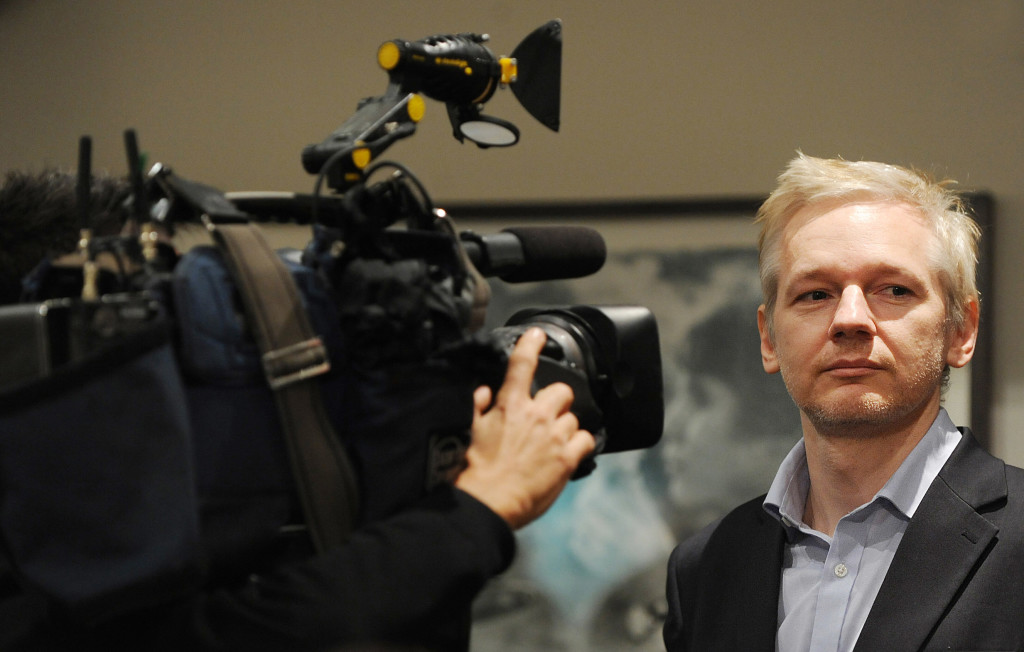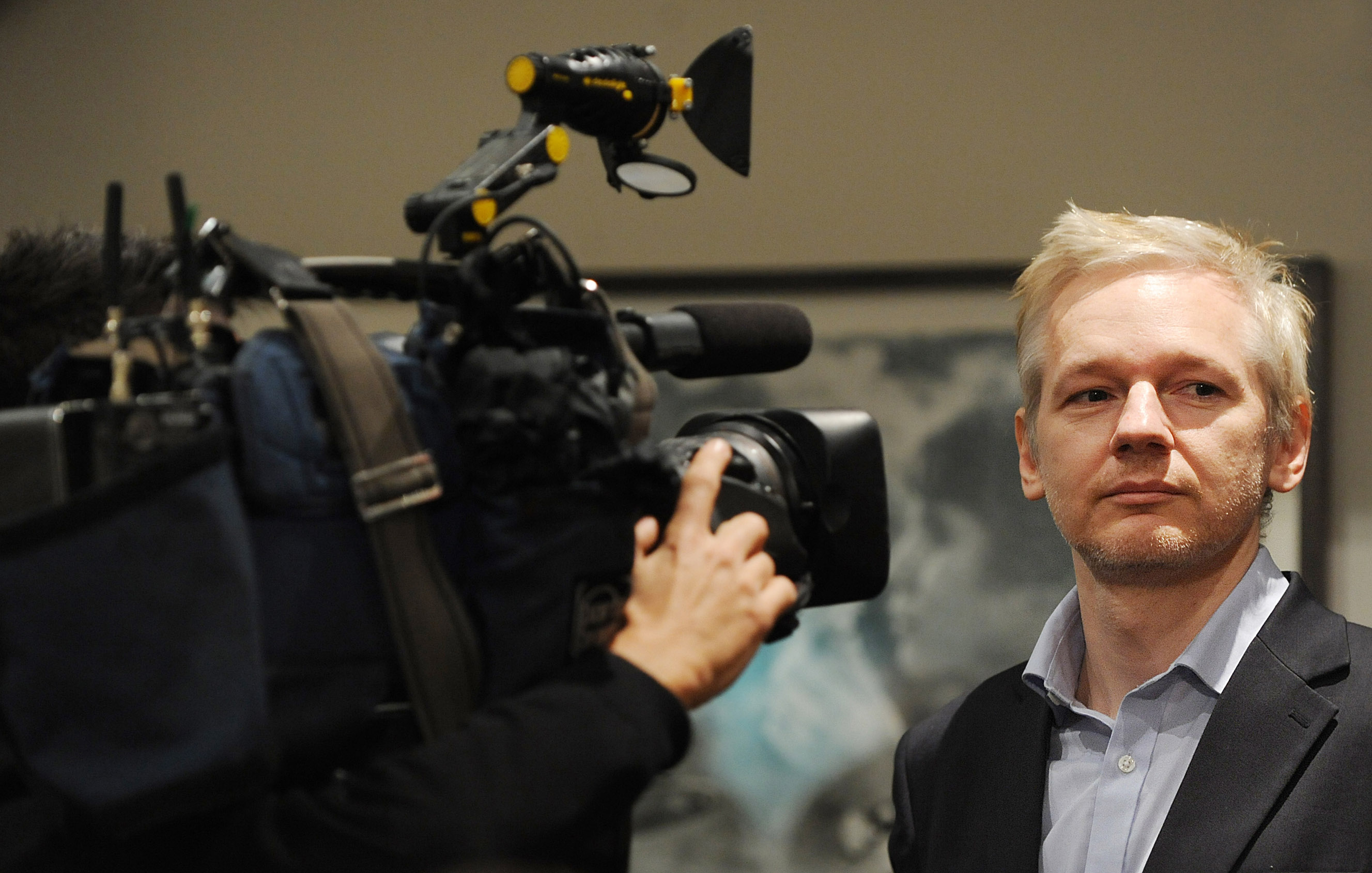What Happened At Bradley Manning’s Hearing This Week?
December 22, 2011
Share
Bradley Manning’s Article 32 hearing — essentially a pre-trial that determines the need for a court-martial — was an odd, stop-start affair, punctuated by frequent, long recesses and disputes over evidence and witnesses.
Manning’s lead lawyer, Iraq war veteran and retired JAG officer David Coombs, led an aggressive defense, which began with his turning the usually pro-forma opening session into an extended debate on the impartiality of the investigating officer, Lt. Col Paul Almanza. (In an Article 32 hearing, the investigating officer essentially acts as the presiding judge.)
It was as if a judge were being cross-examined by a defense attorney, as Coombs grilled the investigating officer on his career as a prosecutor and work for the Department of Justice.
The debate was fruitless: The investigating officer decides whether or not to recuse himself, and after a day of hearing arguments about his alleged bias, Lt. Col. Almanza announced his decision to stay on.
The defense has pursued a multi-faceted strategy. Over the course of the hearing, they pointed out that security around the documents Manning allegedly leaked was lax to the point of negligence.
The defense also argued that Manning should never have been given access to the documents, given his psychological problems. One supervisor, former Army Spc. Jihrleah Showman, testified about Manning’s “uncontrollable behavior,” including an incident when Manning punched her in the face without provocation.
And the defense insisted that the documents themselves should never have been classified, and that their release has not caused any harm. In closing arguments today, Coombs accused the government of having a “Chicken Little” response to the leaks.
There’s one thing distinctly absent from the defense strategy: calling into question whether Manning was, in fact, the source of the documents given to WikiLeaks. Every aspect of Manning’s defense essentially stipulated that he was the leaker; the arguments all centered on why the leaking did not merit the charges against Manning.
Aside from asserting that the documents’ release did damage the country, the prosecution didn’t really engage any of the defense’s arguments. The disconnect was sharpest in today’s closing arguments: Manning’s defense argued that his leaks were justified, and the prosecution argued the now accepted point that Manning was the leaker.
Over the course of the last week, the prosecution methodically laid out in detail its evidence demonstrating Manning’s handling of the leaked documents. Most dramatic were previously unseen chat logs allegedly showing direct exchanges between Manning and WikiLeaks founder Julian Assange.
On several occasions, Coombs suggested that Assange was the government’s real target, and he repeatedly floated the idea that the government was trying to force Manning into a plea deal in exchange for his testimony against Assange, should the U.S. decide to pursue Assange and WikiLeaks for violating the Espionage Act.
The investigating officer is scheduled to announce his recommendation on Jan. 16, although it’s entirely possible that it may take more time to go over the six days of testimony and over 300,000 pages of evidence. Even if the he does recommend changing or dropping some of the charges against Manning, it’s virtually certain a court-martial will be recommended. And since the recommendation of the investigating officer is almost always followed, it would seem a court-martial for Bradley Manning is certain to happen next year.
But very little about this case has followed a typical pattern, and if Coombs’ speculation about a plea deal turns out to have substance, 2012 could be another remarkable year in the Bradley Manning-WikiLeaks saga.
Bonus: Here’s more on why any direct contact with Manning would put Julian Assange in a precarious legal position. Plus Arun Rath talks to PRI’s The World about how any attempts to prosecute Assange under the Espionage Act could have a chilling effect on journalism.
Related Documentaries
Latest Documentaries
Related Stories
Related Stories
Explore
Policies
Teacher Center
Funding for FRONTLINE is provided through the support of PBS viewers and by the Corporation for Public Broadcasting, with major support from Ford Foundation. Additional funding is provided the Abrams Foundation, Park Foundation, John D. and Catherine T. MacArthur Foundation, Heising-Simons Foundation, and the FRONTLINE Trust, with major support from Jon and Jo Ann Hagler on behalf of the Jon L. Hagler Foundation, and additional support from Koo and Patricia Yuen. FRONTLINE is a registered trademark of WGBH Educational Foundation. Web Site Copyright ©1995-2025 WGBH Educational Foundation. PBS is a 501(c)(3) not-for-profit organization.





















